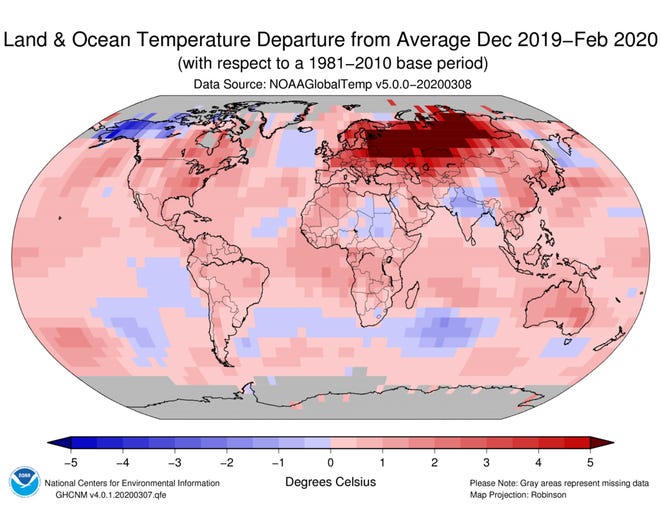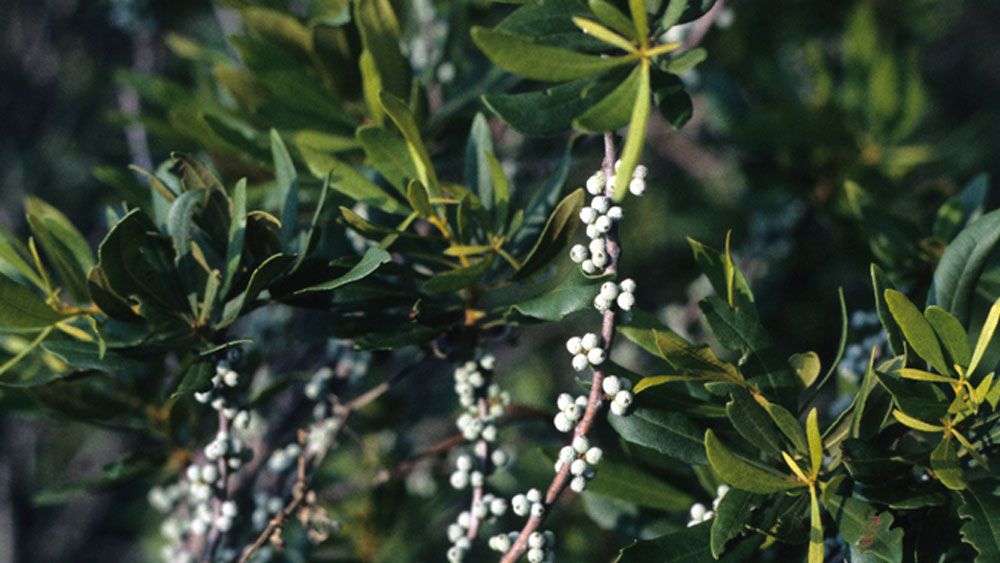While this time of year can bring us a mix of rain, storms and winter weather alike, the trend is leaning toward more spring-like everything, including allergies.
What You Need To Know
- A milder than average winter may lead to a longer allergy season
- Colder weather may shorten the season, but intensify pollen production later
- Check with your doctor to get ahead of the season with preventative medication
Here's something interesting that you might not have realized: The severity and even length of time you suffer may be impacted by how warm or cold the winter season preceding was. Let's take a look at some of the facts.
If you're a winter weather lover who also happens to be an allergy sufferer, then having a colder than average winter may not only make you happy but may offer you less sniffling and sneezing come early spring. As the weather in March and April becomes warmer and relatively drier, pollen becomes a problem.
Having an extended period of cold and snow can delay the onset of pollen-producing flowers, plants and trees. This delay in blossoming and blooming can significantly shorten the growing season, thus shortening the amount of time you suffer from the effects.
However, there is a problem with that.
The effects of a colder than average winter may decrease the length of the allergy season, but it can also greatly intensify it. In this scenario, pollination is delayed at first, only to "explode" with trees, flowers and plants releasing all their pollen at once, or in a very shortened period of time.
That "false sense" of an easy season early on may come back to haunt you later.
In this case, the amount of time you suffer may be short, but painful. While people everywhere can be affected, it's the rural communities with more trees that can be the worst during this time.
Adversely, if the winter season ends up being warmer than average, a different set of issues can arise.

First, not only would the upcoming spring season stretch out longer, but lingering fall pollens may actually still be floating around throughout the winter, if the temperatures are mild enough, creating a "double whamming" of pollen in the air. Beyond that, if a drier winter is experienced, there'd be a lack of rain (and snow) that would normally help push the allergens in the air down to the surface and soil.
Winds also play a huge part before, during and after the allergy season is over.
The "wrong" conditions may come together in a drier, warmer and windier winter. Besides everything stated above, factor in a windy winter season and particles of pollen may stay in the air longer from the preceding season, creating a prolonged period of suffering for those susceptible.
Although weather certainly does play a part in how severe or long an allergy season is, there is no hard rule. It is important to pay attention to the weather forecasts in the weeks leading to the bloomings and blossomings to decide if you might want to get ahead of the season early, by taking preventative medication and/or seeing your allergy specialist early.
Making a plan with your doctor can be as simple as picking the best antihistamine for the season and taking your outdoor plans inside when the pollen counts creep up. You can keep ahead of the pollen count this spring, as we bring you your pollen forecasts on Spectrum News 1.
